Startup Accounting Challenges in UAE & How to Overcome Them
Dubai is a dreamland for startups. It is like venturing into cosy entrepreneurship in a mini Europe.
However, the startup journey is paved with challenges, and financial hurdles often stand as significant obstacles. While innovation and a compelling product are crucial, a solid financial foundation is equally vital for long-term success.
Studies have shown that a significant percentage of startups fail due to poor financial management, including inadequate cash flow, uncontrolled spending, and a lack of robust accounting practices. This highlights the critical role of robust accounting practices in ensuring startup success.
In this guide, we will explore common accounting challenges faced by startups and discuss practical strategies to overcome them, enabling founders to navigate the financial landscape and build a sustainable business.
Common Accounting Challenges Faced by Startups
Managing the financial landscape of a startup presents numerous unique challenges. Let’s delve into some of the most common accounting hurdles:
1. Cash Flow Management:
Cash flow is the lifeblood of any business, and for startups, managing cash flow effectively is paramount. Irregular income streams, unpredictable expenses, and delayed payments from clients can severely strain a startup’s finances.
- Strategies to Overcome:
- Create a Detailed Cash Flow Projection and forecast your cash inflows and outflows over a specific period. This will help you identify potential cash shortages and plan accordingly.
- Implement Efficient Invoicing & Collections. Issue invoices promptly and follow up diligently to ensure timely payments from clients.
- Consider offering early payment discounts to incentivize faster payments.
- Negotiate Favorable Payment Terms. Negotiate longer payment terms with suppliers whenever possible to improve your cash flow position.
- Explore Alternative Funding Options. Explore options like lines of credit, short-term loans, or invoice factoring to bridge temporary cash flow gaps.
A) Expense Tracking and Control:
Uncontrolled spending can quickly derail a startup’s financial health. Common challenges include;
- Startups often struggle with:
- Uncontrolled spending. Lack of clear budgets and spending limits can lead to unnecessary expenses.
- Lack of clear expense policies. Employees may be unsure of what expenses are reimbursable, leading to confusion and inaccuracies.
- Difficulty in tracking expenses accurately. Manual tracking of expenses can be time-consuming, prone to errors, and difficult to analyze.
- Solutions include;
- Implement expense reporting software or tools. Utilize tools that simplify expense tracking, automate data entry, and provide real-time insights into spending patterns.
- Establish clear expense policies. Define which expenses are reimbursable and provide clear guidelines for employees.
- Encourage diligent expense tracking. Educate employees on the importance of accurate expense tracking and provide them with the necessary tools and resource
B) Financial Reporting and Analysis:
Preparing accurate and timely financial statements is crucial for making informed business decisions.
- Challenges include;
- Lack of expertise in accounting principles. Startups may lack the in-house expertise to prepare complex financial statements in accordance with accounting standards.
- Difficulty in generating accurate and timely reports. Manual data entry, lack of proper systems, and limited resources can hinder the timely preparation of financial reports.
- Challenges in interpreting financial data. Understanding and interpreting key financial metrics can be difficult for founders without a strong accounting background.
- Solutions include;
- Utilize accounting software with reporting capabilities. Leverage the reporting features of accounting software to generate income statements, balance sheets, and cash flow statements.
- Seek guidance from a qualified accountant or CFO. Engage the services of a professional to assist with financial reporting, analysis, and interpretation.
- Leverage data analysis tools. Utilize data analysis tools to gain deeper insights from financial data, identify trends, and make informed business decisions.
C) Scalability and Growth
As a startup grows, its accounting needs evolve.
- Challenges include;
- Managing increased transaction volume. As the business grows, the volume of transactions increases significantly, which can strain existing accounting systems and processes.
- Integrating new systems and processes. Integrating new systems and processes (e.g., new software, new departments) can be complex and time-consuming.
- Maintaining accurate financial records. Maintaining accurate financial records becomes more challenging as the business expands and operations become more complex.
- Solutions include;
- Invest in cloud-based accounting software. Cloud-based solutions offer scalability, flexibility, and the ability to accommodate growth.
- Proactively plan for future growth.
- Anticipate future accounting needs and plan for necessary upgrades to systems and processes.
- Consider hiring additional accounting staff or outsourcing accounting functions as needed.
Learn about the common tax mistakes small business owners make in the UAE.
The Role of the Best Accounting & Bookkeeping Company in UAE - PROFITZ ADVISORY
Navigating the complex accounting landscape of a startup can be overwhelming for founders.
PROFITZ ADVISORY, with its deep expertise in startup accounting, can provide invaluable support and guidance. It specializes in helping startups overcome common accounting challenges, such as;
- Cash flow management
- Expense tracking
- Financial reporting
Their team of experienced professionals can provide a range of services, including;
Accounting and Bookkeeping Services
- Maintaining accurate financial records
- Managing accounts payable and receivable
- Preparing financial statements
- Ensuring compliance with accounting standards
Financial Planning and Forecasting
- Developing financial projections
- Creating budgets
- Conducting cash flow analysis
Tax Planning and Compliance
- Advising on tax strategies to minimize tax liabilities
- Ensuring compliance with all relevant tax regulations
Preparing tax returns
CFO Advisory Services
- Providing strategic financial guidance
- Assisting with decision-making
- Acting as a trusted advisor on all financial matters
By partnering with PROFITZ ADVISORY, startups can gain access to expert guidance, streamline their accounting processes, and make informed financial decisions that drive growth and success.
Conclusion
In the dynamic and competitive startup ecosystem, robust accounting practices are not just an afterthought; they are the foundation for sustainable growth and long-term success.
By addressing the unique accounting challenges faced by startups, such as cash flow management, expense tracking, and financial reporting, founders can make informed decisions, optimize their financial performance, and increase their chances of achieving their business goals.
PROFITZ ADVISORY understands the unique financial needs of startups and offers a comprehensive suite of services to help them thrive. From accounting and bookkeeping to tax planning and CFO advisory, we provide the expertise and support you need to navigate the complexities of the startup journey.
Contact PROFITZ ADVISORY today to discuss your startup’s accounting needs and explore our tailored solutions. Let us help you build a strong financial foundation for your business and pave the way for lasting success.
FAQs (Frequently Asked Questions about UAE Startup Accounting)
What are the biggest accounting challenges for startups?
Cash flow management is a significant challenge, with irregular income streams and unpredictable expenses often impacting a startup’s ability to meet financial obligations.
How can I improve cash flow in my startup?
Create a detailed cash flow projection to anticipate future cash inflows and outflows. Implement efficient invoicing and payment collection procedures to ensure timely payments from clients. Negotiate favorable payment terms with suppliers to extend payment deadlines. Explore alternative funding options such as lines of credit or invoice factoring to bridge temporary cash flow gaps. Minimize unnecessary expenses and optimize spending across all departments.
How much should I spend on accounting for my startup?
The cost of accounting services varies depending on the size and complexity of your business, the scope of services required, and the experience of the accounting firm.
Do I need a dedicated accountant for my startup?
For early-stage startups, you may be able to manage basic accounting tasks in-house. However, as your business grows and becomes more complex, it’s highly recommended to engage the services of a qualified accountant.
How can I track expenses effectively in my startup?
Implement an expense tracking system: Utilize expense tracking software or spreadsheets to record all business expenses accurately.
How can I prepare financial statements for startup investors?
- Prepare clear, concise, and accurate financial statements such as income statements, balance sheets, and cash flow statements.
- Highlight key financial metrics such as revenue growth, profitability, and cash burn rate.
- Use visuals such as charts and graphs to effectively communicate your financial performance.
- Provide a clear and concise narrative to explain your financial results and future projections.








